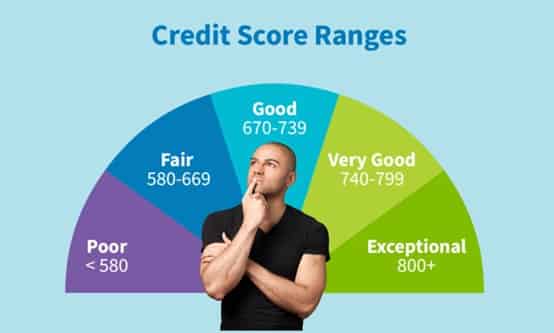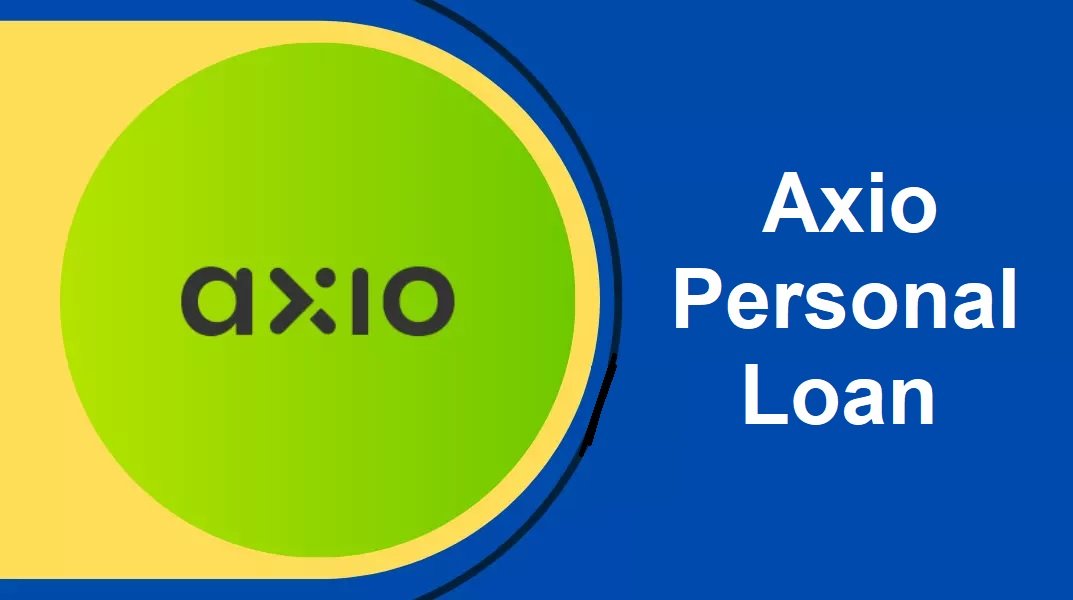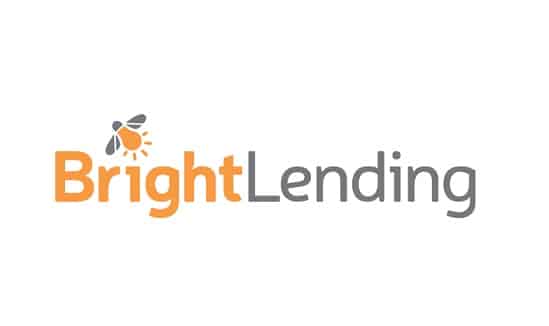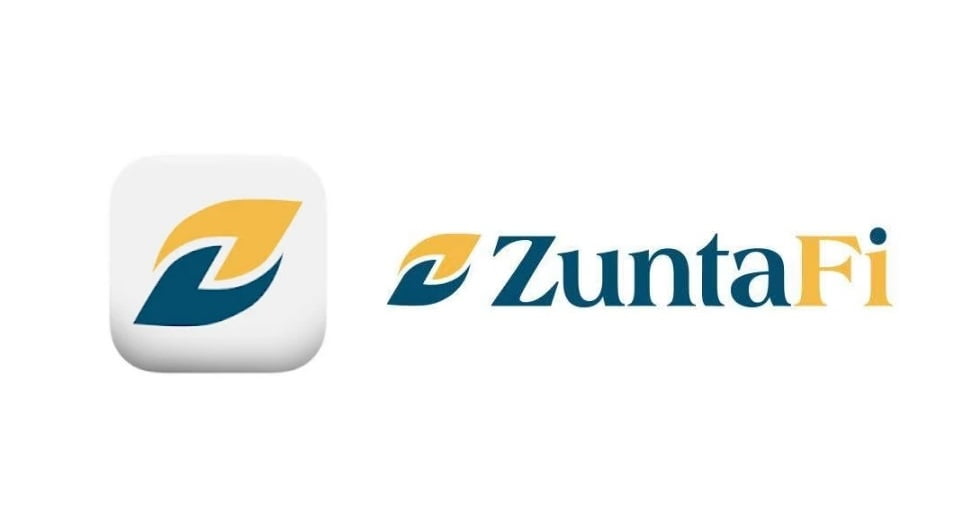How to Get a Personal Loan for CIBIL Score of 550 – A Comprehensive Guide 2023

In India, a CIBIL score (credit score) of 550 is considered to be low. Your CIBIL score is a big part of how creditworthy you are, and lenders use it to decide if they should give you loans, credit cards, or other financial products. With a CIBIL score of 550, it can be hard to get loans and credit cards from banks and credit unions.
What is a CIBIL score of 550?
CIBIL is India’s first credit information company. It keeps track of people’s and businesses’ credit records. Scores on the CIBIL range from 300 to 900, and 550 is on the lower end of that range. It means that there is a high chance that you won’t pay back a loan or credit card bill. Lenders use your CIBIL score, along with things like your income, employment history, and current debts, to figure out if they should give you a loan.
What factors can lead to a low CIBIL score of 550?
Several factors can affect your credit score of 550. Some of the most significant factors include:
Payment history: Your payment history is the most important factor that affects your credit score. Late payments, missed payments, and defaults can all hurt your score.
Credit utilization: Your credit utilization is the amount of credit you are using compared to the total amount of credit available to you. High levels of credit utilization can negatively impact your score.
Length of credit history: The length of time you have been using credit can also affect your credit score. Generally, the longer your credit history, the better your score.
Credit mix: The types of credit you have, such as credit cards, loans, and mortgages, can also affect your score. A mix of credit types can be beneficial for your score.
New credit applications: Every time you apply for new credit, it results in a hard inquiry on your credit report. Multiple inquiries within a short period can negatively impact your score.
Outstanding debts: High levels of outstanding debts, such as credit card balances and loans, can also negatively impact your score.
It is important to keep in mind that different credit bureaus may use different formulas to calculate credit scores, and the weight assigned to each factor can vary. However, in general, these are the main factors that can affect your credit score of 550. By understanding these factors, you can take steps to improve your score over time.
How to improve a CIBIL score of 550 for a personal loan?
If you have a credit score of 550 and are looking to improve it for a personal loan, here are some steps you can take:
Check the Score: Perform a soft inquiry to see your CIBIL score before applying for credit. Verify that the CIBIL record is error-free. These inaccuracies may be associated with your financial records, data, or other details. Fix any mistakes you discover to improve your score. Depending on how the problem was fixed, your grade might go up or down.
Clear Pending Dues: Take steps to improve your credit rating. You need to make payments on your loans or credit cards. If you make good on these payments, your standing will improve. Don’t forget to monitor your due dates for monetary obligations. If you’re able to make your payments on schedule, your credit score will rise. Before applying for new credit, you can settle some of these debts first.
Make Timely Payments: Be sure to settle your EMIs on time by setting reminders. Putting off debt repayment will result in higher overall costs. Your CIBIL score will also decrease. The only way to prevent these complications is to make timely payments.
Good Financial Behavior: Create a strategy for paying off your debt. If you have multiple loans, it’s best to prioritize paying off the ones with the highest interest rates first while still making the minimum payments on the remainder. Reduce wasteful spending.
Improving your credit score takes time and effort, but it is possible. By following these steps consistently, you can improve your credit score over time and increase your chances of qualifying for a personal loan with more favorable terms.
Loans for people with credit scores under 550
If your credit score is less than 550, banks and other financial institutions may find it hard to give you a traditional loan. People with low credit scores can still get some kinds of loans, though.
Payday loans:
Payday loans are short-term loans that you usually have to pay back when you get your next paycheck. Since there is no credit check for these loans, they are often easier to get than traditional loans. But they often have high-interest rates and fees, which makes them a pricey choice.
Title loans:
Title loans are secured loans in which your car’s title is used as collateral. Even though these loans are easier to get than traditional loans, the interest rates and fees are high. Also, if you don’t pay back the loan, the lender could take your car.
Peer-to-peer loans:
People can borrow money directly from other people through peer-to-peer lending platforms. Most of the time, the requirements for these loans are less strict, so they may be a good choice for people with low credit scores. But interest rates and fees can be very different from one platform to the next.
Secured credit cards:
To get a secured credit card, you have to put down a deposit that acts as collateral. By telling the credit bureaus about your payments, these cards can help you build credit. But they often have high-interest rates and fees.
Co-signed loans:
A friend or family member with good credit may be able to help you get a loan. This can help you get a loan you might not have been able to get on your own. But it’s important to keep in mind that if you don’t pay back the loan, your co-signer will have to do so.
Questions People Ask About Personal Loans for CIBIL Score of 550
Here are some common questions:
- What kinds of things affect your CIBIL Score?
Your credit score is based on how you’ve paid back loans in the past, what kinds of loans you have, how you’ve used them, and how long you’ve had credit.
If you pay all of your EMIs and credit card bills on time, your CIBIL score will slowly go up.
To keep a good credit score, you should also cut down on your financial obligations and keep a mix of credit, such as secured and unsecured loans and active credit cards.
If you check your credit too often, it could hurt your CIBIL score. Soft questions once a year are a kind.
- What CIBIL Score is best for a personal loan?
For a personal loan, your CIBIL score should be at least 750. The chances of getting a loan are better if the score is close to 900.
- How to get a personal loan offer with a CIBIL score of 550?
As you know, lenders may charge a higher rate and fee for a personal loan that was approved even though the borrower had a low credit score. So, before you narrow down your choices, you should first check and compare the loan amount, fees, charges, and rates. After that, you can compare the fund provider’s reputation, service, customer satisfaction, and other factors to find the best deal.
- If your CIBIL score is low, what other factors might cause a loan application to be declined?
Imagine your credit score is 750 or higher, but your loan application is still denied.
A poor credit score will disqualify you from loan eligibility, so credit scores are important. However, what if your application for a loan or credit card is turned down even though your CIBIL score is excellent? The response is that your credit score is just one factor among many that banks use to determine whether or not to grant you a loan.
Your credit score is simply an indicator of your financial well-being and repayment ability or history, current debts, and other such information that lenders may find useful in making lending decisions. Having a high credit score immediately puts you in the running for a loan, but it’s not the only factor. The following are some of the most common causes of credit rejection despite a high CIBIL score.
Standard Criteria: Most credit applications have standard requirements like where you live, what you do for a living, how old you are, how much money you bring in each month, etc. Even with a high credit score, the financing may be denied if you don’t meet the other requirements. Instead, you can search online for financial institutions that might view your application favorably.
Guarantor for a Defaulted Loan: If you guaranteed someone else’s loan and they stopped making their payments, it would hurt your reputation as well.
Remarks in Credit Report: Lender comments and remarks are included in your CIBIL record, in addition to your credit score. The report will show negatively if you settled a loan with the bank on terms different from those accepted. All of these comments will be carefully considered by Bank. Count of days past due, settled, or written off.
Defaulters Info Match: If your information happens to be the same as a defaulter’s, even by accident, you may be denied credit. This occurs, for example, when renters provide documentation for the home’s proprietor (who may be a defaulter) and in similar situations.
Disposable Income is Inadequate: You may have a high salary, but your debts and other living expenses are eating up too much of it. The quantity you can use as collateral for a new loan will decrease in this case.
Credit Hungry Behavior: Borrowing too frequently or making too many loan inquiries makes the bank suspicious that you are overly reliant on credit and therefore more likely to fail on any loans you do receive.
Too Much Unsecured Loans: However, if you only ever take out loans of this type, banks may view you as an unreliable borrower and refuse to extend credit to you. To maintain a healthy credit profile, a secured debt should be included.
If you have a history of paying taxes late or not at all, you may have trouble getting a loan authorized because banks may view your financial profile as risky.
The disadvantages of applying for a loan with a low credit score of 550
| Disadvantage | Explanation |
| Higher interest rates | Borrowers with low credit scores may be offered higher rates |
| Higher fees | Borrowers with low credit scores may be charged higher fees |
| Limited loan options | Borrowers may have fewer loan options available |
| Shorter repayment terms | Lenders may offer shorter repayment terms |
| Hard credit inquiries | Applying for a loan results in a hard inquiry on your credit |
| Risk of default | Borrowers with low credit scores are considered higher risk |
Conclusion
In the end, getting a personal loan can be hard if you have a credit score of 550. The reason is that lenders think it is a high-risk score. There are still some options, like online lenders, credit unions, and peer-to-peer lending platforms, but the interest rates and fees are usually higher.
If you want to get a personal loan in the future, you should put improving your credit score at the top of your list of things to do. To raise your 550 credit score, you should look at your credit report, pay your bills on time, pay down your debt, keep your credit usage low, avoid applying for new credit, and use your credit wisely.
Improving your credit score may take some time and work, but it will be worth it in the long run. If your credit score is better, you will be able to get loans with better terms, which can save you money and help you reach your financial goals.



